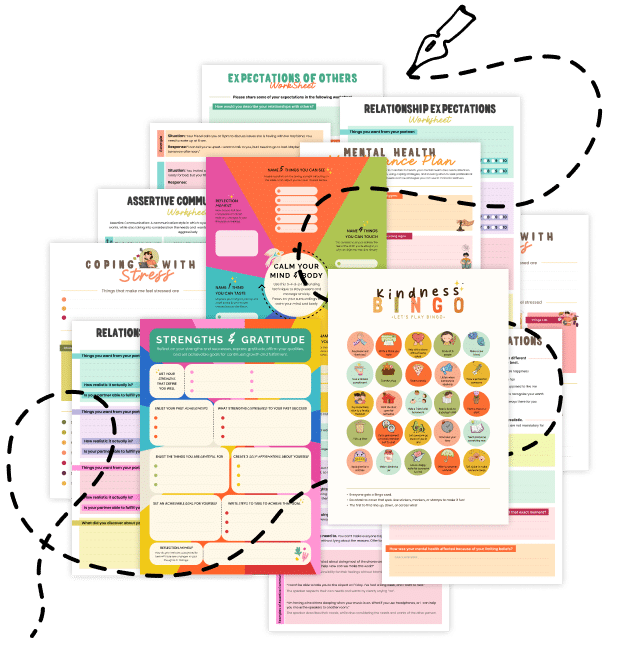20 Things About Perceived Mental Effort
Enhance your productivity and well-being by understanding Perceived Mental Effort—what it is, why it matters, and how it influences your performance. Discover how your subjective experience of mental effort can guide you to smarter work habits and improved focus.
1. What Is Perceived Mental Effort?
It’s the subjective feeling of how challenging a cognitive task is, reflecting the mental energy you believe you’re using.
2. The Role of Cognitive Load
Perceived mental effort is closely linked to Cognitive Load Theory, which explains how the brain handles complex information.
3. Subjective vs. Objective Effort
Your perception of effort might differ from the actual cognitive demands, highlighting the importance of self-awareness.
4. Measuring Mental Effort
Tools like self-report scales (e.g., NASA-TLX) help gauge how much mental effort you feel you’re exerting on a task.
5. Influencing Performance
High mental strain can lead to fatigue and errors, while moderate levels can keep you engaged and motivated.
6. Task Complexity Matters
More complex tasks naturally require more mental energy, which increases your perceived effort.
7. Impact of Familiarity
Familiar tasks feel easier, reducing perceived effort even if the task’s actual demands remain the same.
8. Distractions and Interruptions
External distractions can make a task feel more mentally draining by increasing your perceived effort.
9. The Role of Stress
Stress and anxiety can amplify perceived mental effort, making tasks seem harder than they really are.
10. Physical Fatigue Connection
Mental and physical fatigue often go hand in hand—when you’re tired, even simple tasks can seem overwhelmingly effortful.
11. Individual Differences
People vary in their cognitive capacity; what feels easy for one person may feel challenging for another.
12. Adaptive Strategies
Training and practice can lower perceived effort by making tasks feel more automatic and less demanding.
13. Environmental Factors
A calm, well-organized workspace can reduce perceived mental effort by minimizing unnecessary distractions.
14. The Power of Breaks
Regular breaks and mindfulness practices help refresh your mind, lowering the perceived mental load.
15. Role of Mood
Your emotional state can influence how much effort you feel you’re expending on a task.
16. Time of Day Effects
Perceived mental effort can vary throughout the day—tasks may feel easier when you’re naturally more alert.
17. Feedback and Self-Monitoring
Getting regular feedback and monitoring your performance can help align your perceptions with reality, reducing misjudged effort.
18. Enhancing Focus with Goals
Clear, achievable goals can reduce perceived mental effort by giving your brain a focused direction.
19. The Balance of Challenge
Optimal performance occurs when tasks are challenging enough to engage you without being so hard that they feel overwhelming.
20. Related Topics to Explore
- Cognitive Load Theory – Understand how your brain manages complex information.
- Task Switching Costs – Learn how shifting between tasks affects mental energy.
- Mind-Wandering Mode – Discover how unstructured thinking can impact focus and effort.
- Metacognitive Monitoring – Enhance your awareness of your own thought processes.
- Interoceptive Awareness – Tune into your body’s signals to better gauge mental and physical fatigue.
Quick Tips to Boost Your Perceived Mental Effort
- Break Tasks into Smaller Steps: Divide large tasks into manageable parts to reduce the feeling of overwhelm.
- Minimize Distractions: Create a focused environment by turning off notifications and reducing clutter.
- Take Regular Breaks: Short, frequent breaks help refresh your mind and lower overall perceived effort.
- Set Clear Goals: Define specific, attainable targets to keep your mind focused and engaged.
- Practice Mindfulness: Use mindfulness techniques to remain present and aware of your mental state during tasks.
Embrace these insights and tips to better understand and manage your Perceived Mental Effort, empowering you to work smarter, stay focused, and maintain a healthy balance between challenge and well-being!


